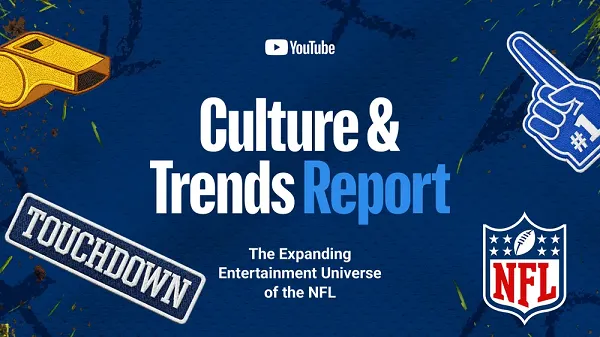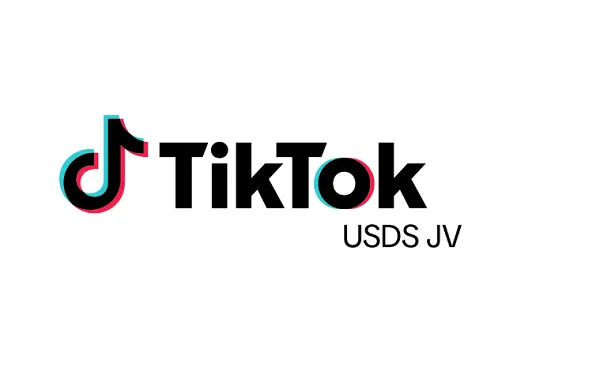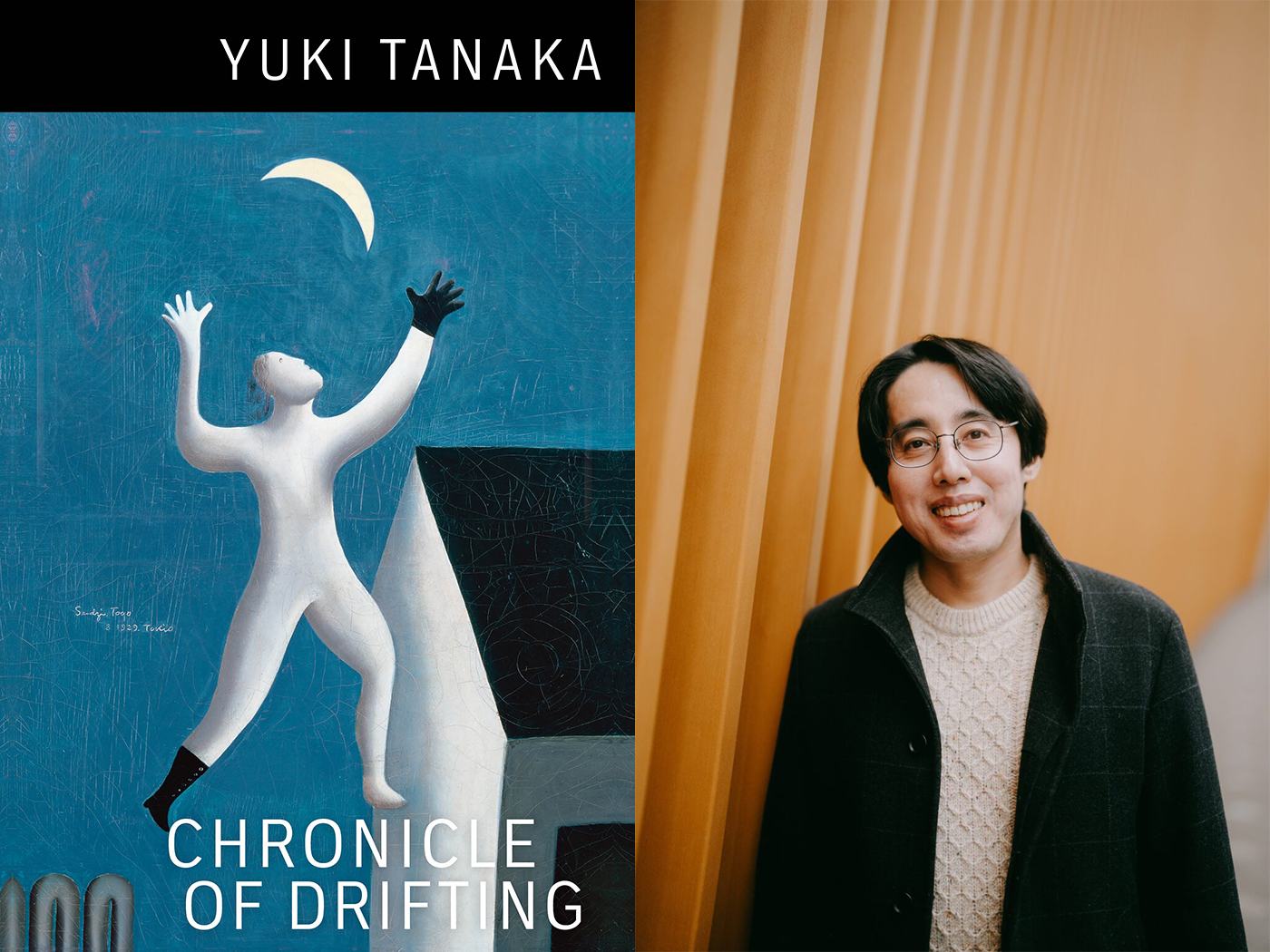OpenAI CEO admits ChatGPT’s personality is ‘too annoying’
OpenAI noticed that ChatGPT is now too much of a cheerleader, and a fix is on the way.

 Nadeem Sarwar / Digital Trends
Nadeem Sarwar / Digital Trends
Have you noticed that ChatGPT has gotten a little personal lately? It’s not just you. OpenAI’s CEO, Sam Altman, admitted last night that the last couple of updates to GPT-4o have affected the chatbot’s personality, and not in a good way.
If you use ChatGPT often enough, you might have noticed a shift in its behavior lately. Part of it might be down to its memory, as in my experience, the chatbot addresses you differently when it doesn’t rely on past chats to guide the way you’d (potentially) want it to respond. However, part of it is just that somewhere along the way, OpenAI has made ChatGPT a so-called “yes man” — a tool that agrees with you instead of challenging you, and sometimes, the outcome can be a touch obnoxious.
Sam Altman, OpenAI’s CEO, seems aware of the change. He referred to the chatbot’s personality as “too sycophant-y” and “annoying,” all the while pointing out that “there are some very good parts of it.” Altman also said that OpenAI is working on fixes as soon as possible, and some might roll out as soon as today, with others to follow later this week.
the last couple of GPT-4o updates have made the personality too sycophant-y and annoying (even though there are some very good parts of it), and we are working on fixes asap, some today and some this week.
at some point will share our learnings from this, it’s been interesting.
This prompted one user to respond, asking whether it’d be possible to go back to the old ChatGPT personality — the one that was polite but not a full-on cheerleader. As an alternative, the user asked whether it’d be possible to distinguish between the “old” and “new” personalities. Altman responded: “Yeah, eventually we clearly need to be able to offer multiple options.” That’d be an interesting and useful addition to ChatGPT.
Fully getting rid of ChatGPT’s friendly, encouraging traits would backfire, too — no matter how annoying they are. While many use ChatGPT for work and research, chatbots have now permeated our reality, resulting in many people chatting with them to discuss their problems or fears. Having just one personality setting is, indeed, very limiting in such situations.
With that said, it’s true that ChatGPT is getting a tad too personal. In two recent conversations, it referred to me as “sweetheart,” and I’m not going to lie, that made me feel really uncomfortable. Let’s hope that OpenAI finds a way to dial it back and make it more of a useful tool than something that tries too hard to be our friend.
Monica is a computing writer at Digital Trends, focusing on PC hardware. Since joining the team in 2021, Monica has written…
Fun things to ask ChatGPT now that it remembers everything
If you hadn't heard, ChatGPT's memory just got a whole lot better. Rolled out across the world to Plus and Pro users over the past few days, ChatGPT's various models can now reference almost any past conversation you had. It doesn't remember everything word for word, but can pull significant details, themes, and important points of reference from just about anything you've ever said to it.
It feels a little creepy at times, but ChatGPT can now be used for much more personalized tasks. OpenAI pitches this as a way to improve its scheduling feature to use it as a personal assistant, or to help you continue longer chats over extended periods of time. But it's also quite fun to see what ChatGPT can tell you by trawling throughh all your chatlogs. It's often surprising some of the answers it spits out in response.
ChatGPT now interprets photos better than an art critic and an investigator combined
ChatGPT's recent image generation capabilities have challenged our previous understanding of AI-generated media. The recently announced GPT-4o model demonstrates noteworthy abilities of interpreting images with high accuracy and recreating them with viral effects, such as that inspired by Studio Ghibli. It even masters text in AI-generated images, which has previously been difficult for AI. And now, it is launching two new models capable of dissecting images for cues to gather far more information that might even fail a human glance.
OpenAI announced two new models earlier this week that take ChatGPT's thinking abilities up a notch. Its new o3 model, which OpenAI calls its "most powerful reasoning model" improves on the existing interpretation and perception abilities, getting better at "coding, math, science, visual perception, and more," the organization claims. Meanwhile, the o4-mini is a smaller and faster model for "cost-efficient reasoning" in the same avenues. The news follows OpenAI's recent launch of the GPT-4.1 class of models, which brings faster processing and deeper context.
You can now view all of your ChatGPT-generated images in one place
OpenAI did text generation and image generation separately for quite a while, but that all changed a couple of weeks ago when it added image capabilities directly into ChatGPT. Now, a small but powerful Quality of Life update gives users access to an image library where they can see all of the insane things they've created.
https://twitter.com/OpenAI/status/1912255254512722102

 Konoly
Konoly 












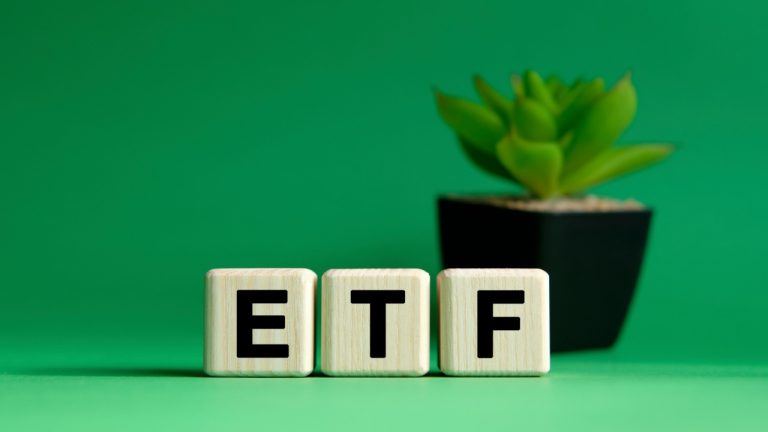
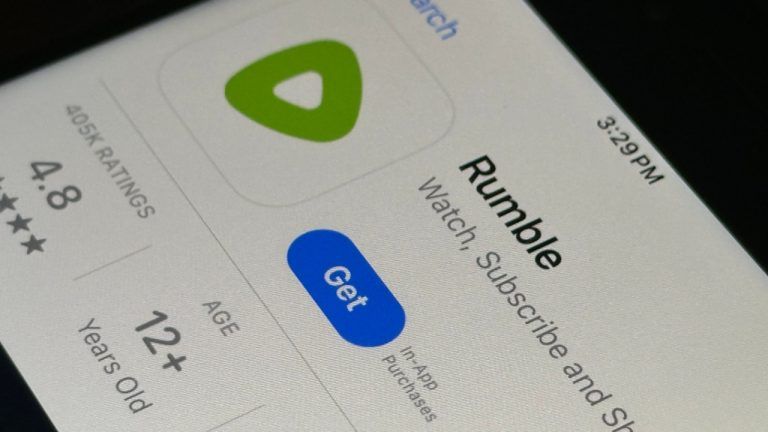
/cdn.vox-cdn.com/uploads/chorus_asset/file/25848684/DCD_Gary_Smith_Ciena.png)











